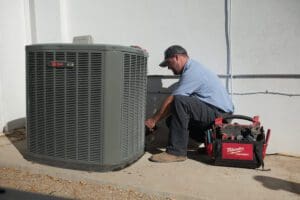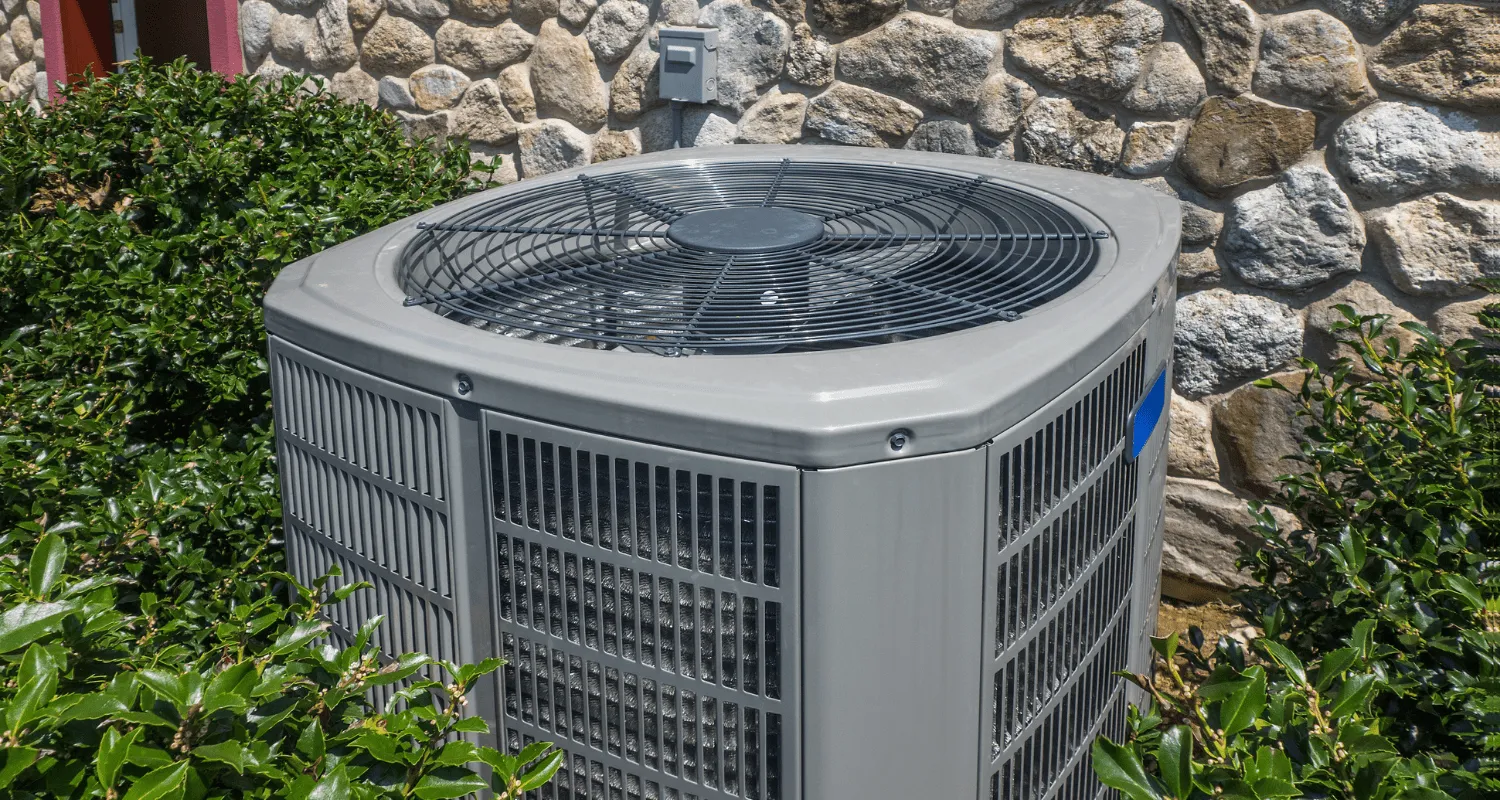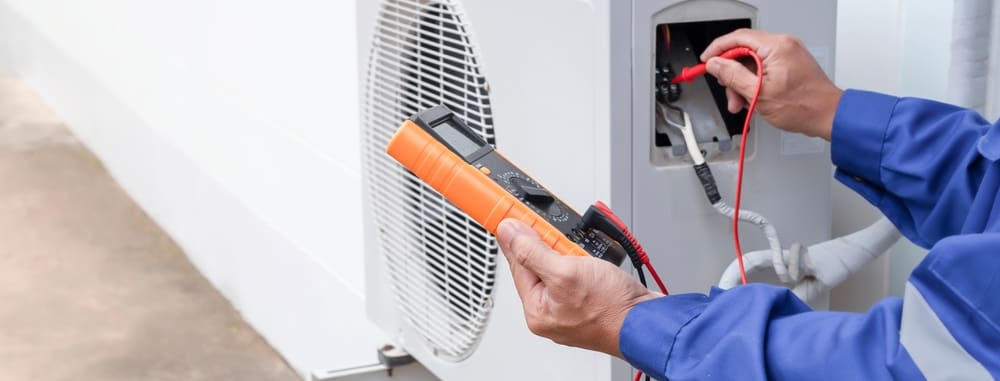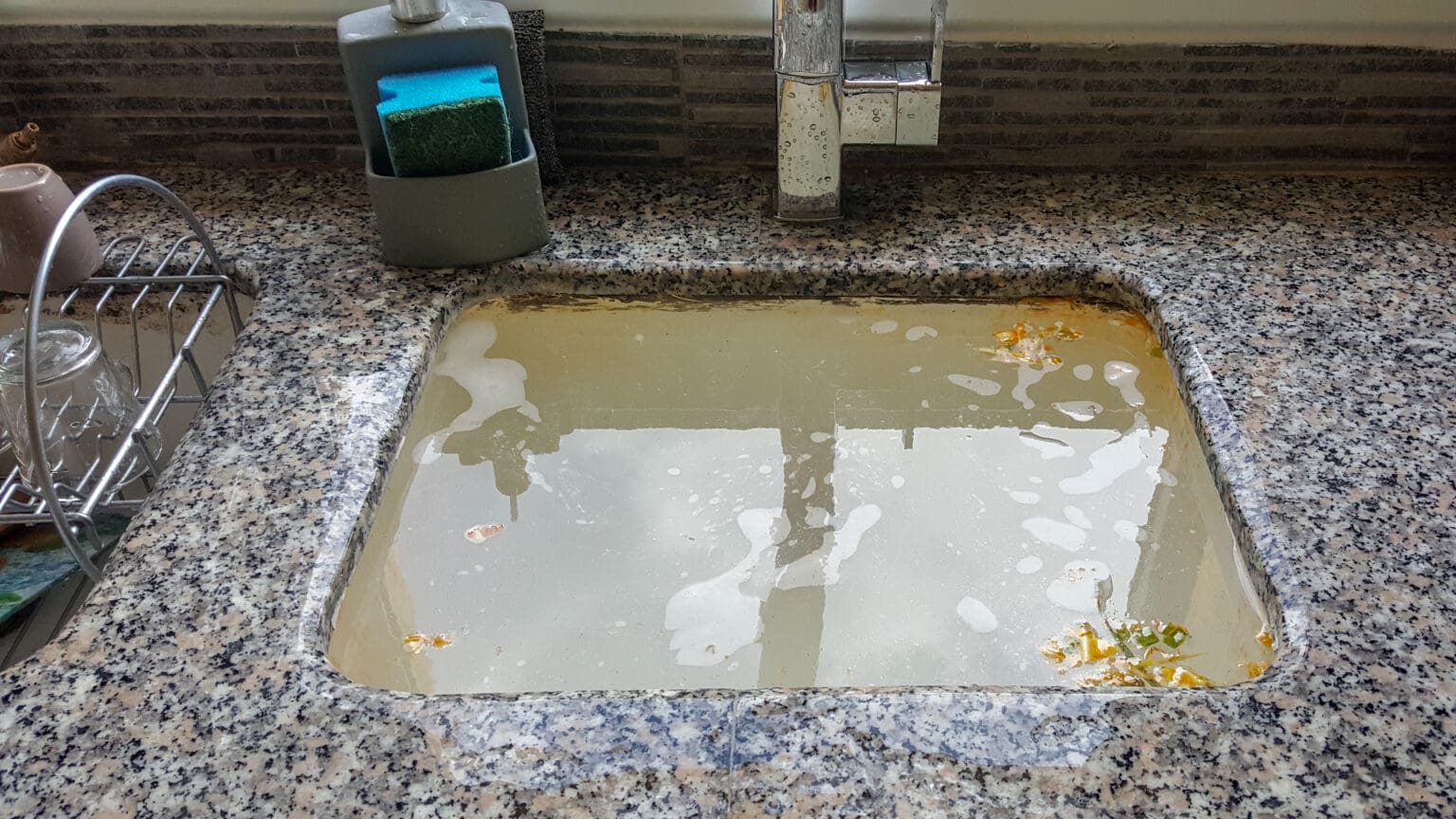Soft water can significantly impact your household chores and overall well-being. Characterized by a diminished mineral content—particularly calcium and magnesium—soft water is the opposite of hard water, which contains excess minerals. The absence of these minerals in soft water not only diminishes the unsightly chalky residue plagues appliances and glassware but also offers benefits spanning from prolonged appliance lifespan to enhanced personal hygiene.
Want to know how soft water can benefit your lifestyle? Keep reading to find out.
Top 5 Benefits of Soft Water
Protects Plumbing
Soft water offers substantial protection for plumbing systems due to its reduced mineral content, which minimizes the occurrence of buildup-induced clogs. Clearer pipes allow for unrestricted water flow, ensuring efficient water distribution throughout your plumbing system.
Cleaning No Chalky Residue Leftover
Soft water offers various cleaning benefits thanks to the absence of chalky residue left behind on hard surfaces. Dishes, glassware, and fixtures washed with soft water dry spot-free, eliminating the need for additional cleaning.
Better for Skin and Hair
Soft water offers remarkable benefits for both skin and hair health, making it a valuable asset in personal care routines. With its lower mineral content, soft water helps prevent skin dehydration and reduces the occurrence of dryness and irritation. Soft water also prevents mineral buildup on the scalp and hair strands, resulting in softer, more manageable hair with enhanced shine and vitality.
Better for the Environment
Soft water also offers environmental benefits, contributing to a more sustainable future. Soft water requires less energy to heat compared to hard water, resulting in reduced energy consumption and lower greenhouse gas emissions associated with water heating processes.
Save Money
Soft water provides significant cost savings for homeowners across Arizona. By preventing mineral buildup, soft water helps prolong the lifespan of appliances such as water heaters, dishwashers, and washing machines, reducing the need for costly repairs and replacements.
Water Softener System
A water softener is a system that removes minerals such as calcium and magnesium from your home’s water supply. Here’s how a water softener works and some benefits it provides:
- Mineral Removal: The primary function of a water softener is to eliminate minerals like calcium and magnesium from the water through a process called ion exchange.
- Ion Exchange: Inside the water softener, resin beads attract and trap calcium and magnesium ions from the water while releasing sodium ions, which do not contribute to scale buildup.
- Soft Water Production: As a result of the ion exchange process, the water that exits the water softener is softened, free from the minerals that cause scale buildup and other issues.
- Benefits of Soft Water: Soft water offers numerous advantages, including reduced scale buildup in pipes and appliances, improved lathering of soaps and detergents, and softer skin and hair after bathing.

What Does a Water Softener Do
Water softeners engage in a process called ion exchange to remove minerals such as calcium and magnesium from hard water. Here’s a breakdown of how these systems work:
- Ion Exchange Resin: Water softeners contain a tank filled with resin beads coated with sodium ions. As hard water flows through the tank, the resin beads attract and bind with the calcium and magnesium ions in the water.
- Mineral Removal: The calcium and magnesium ions are exchanged for sodium ions on the resin beads. This process effectively removes the minerals responsible for water hardness from the water.
- Regeneration: The resin beads become saturated with calcium and magnesium ions over time, necessitating regeneration. During regeneration, a brine solution (sodium chloride or potassium chloride) is flushed through the tank, displacing the accumulated minerals and recharging the resin beads with sodium ions.
- Continuous Softening: With regular regeneration cycles, the water softener continues to produce soft water consistently. This ensures ongoing protection against scale buildup and other issues associated with hard water.

The Installation Process
Installing a water softener system can significantly improve your water quality and lifestyle. Here’s how we install our water softener systems:
- Assessment: We’ll assess your current water quality and household needs to determine the appropriate size and type of water softener system for your space.
- Placement: We’ll identify the right location for the water softener system, which is usually near the main water supply line and close to a drain for discharge.
- Preparation: We’ll unpack and assemble the water softener system according to manufacturer recommendations.
- Connection to Water Supply: We’ll shut off the water supply to the house, cut into the main water line, and connect the water softener system using bypass valves to allow for maintenance and regeneration cycles.
- Connection to Drain: We’ll connect a drain line to the water softener system to flush out brine during regeneration cycles.
- Electrical Connection: If the water softener system requires electrical power, we’ll connect it to an appropriate power source to ensure functionality.
- Programming and Testing: Once installed, we’ll program the system according to water hardness levels and water usage patterns in your household. We’ll also test the system to make sure it’s doing its job.
Soft Water Solutions
Ready to start enjoying the benefits of soft water? Day & Night Air Conditioning, Heating and Plumbing will help you make the switch from hard water to soft water. Our team of plumbing professionals is committed to delivering top-notch customer service and expert advice every step of the way. Contact us today to speak with a water softener specialist.







